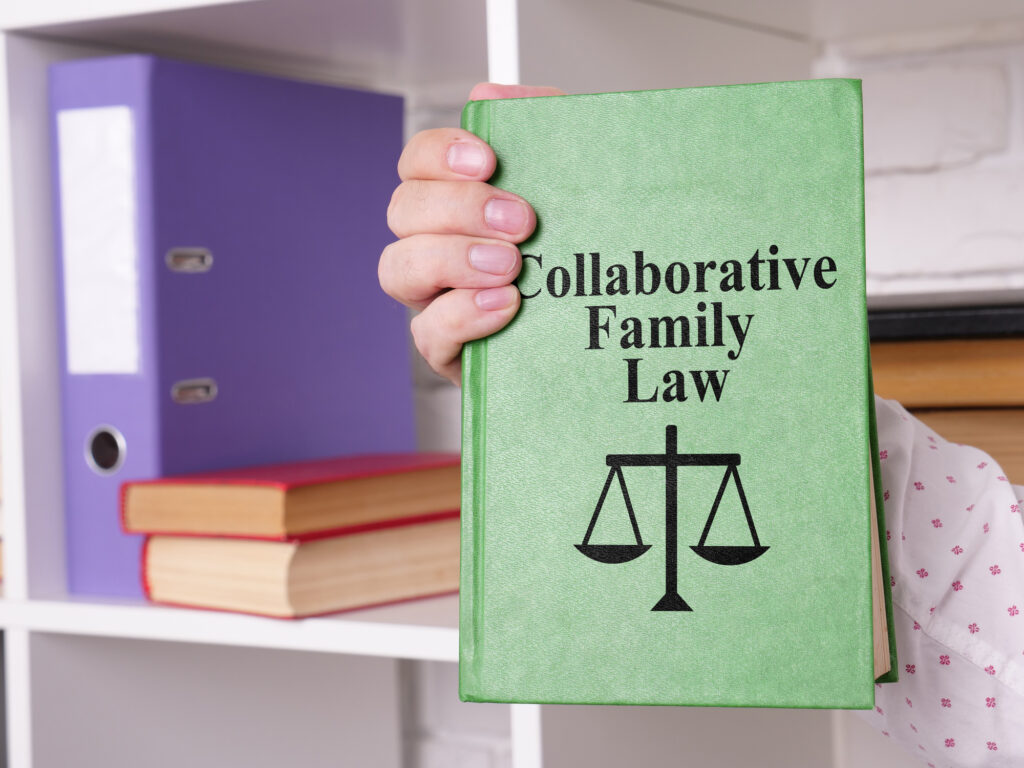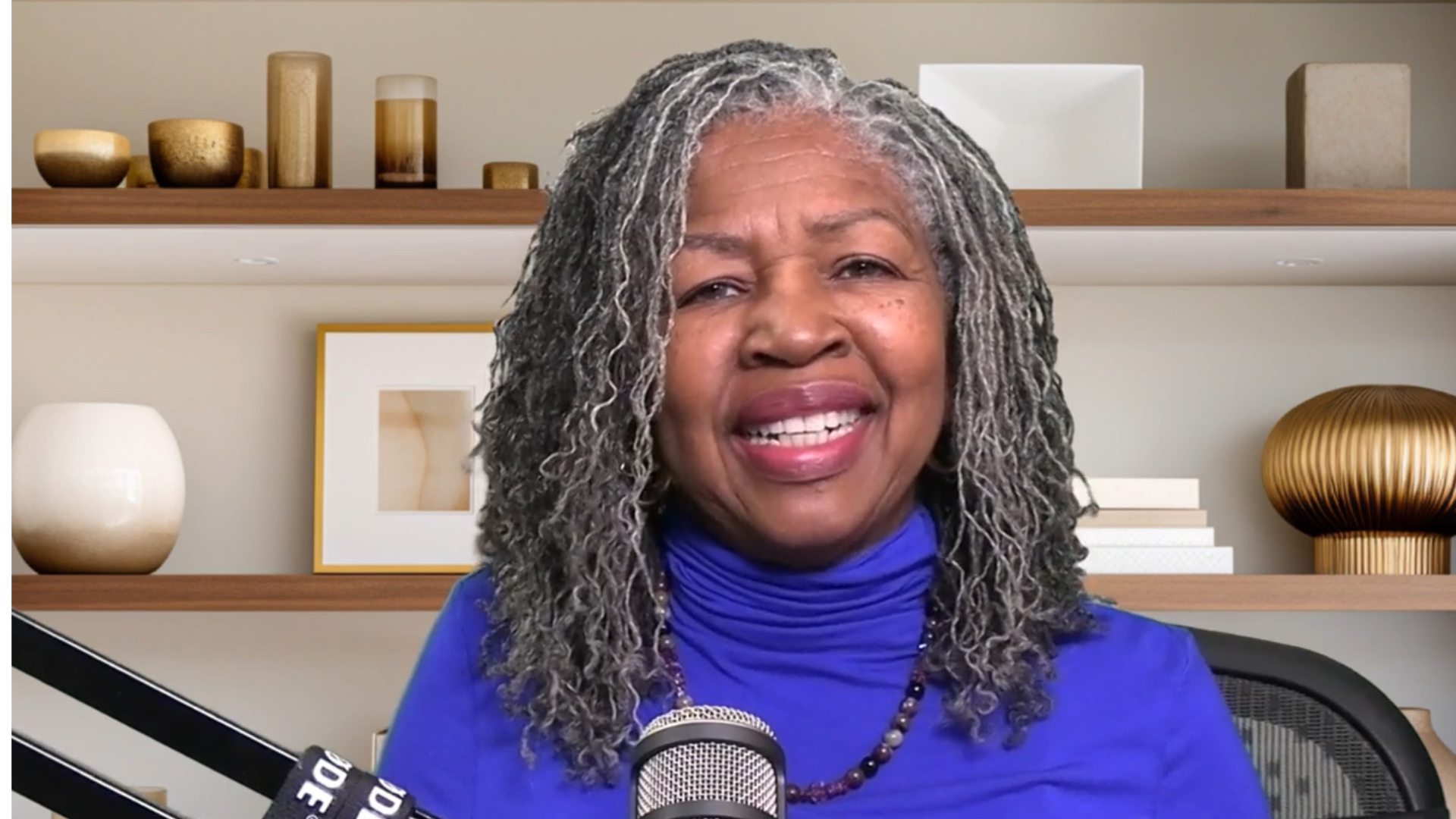Can Mediation Be Effective in High-Conflict Divorce
Angela’s story resonated with many because it revealed a painful truth about mediation in high-conflict divorces. Although often praised as a peaceful and cost-effective way to resolve divorce disputes, it can become a dangerous trap when one partner is a narcissist. While mediation can be effective for many couples, it is not a one-size-fits-all solution.
For survivors of narcissistic abuse, the process can feel like another battlefield—one where their abuser has the upper hand. Instead of providing a fair resolution, mediation can retraumatize victims, manipulate outcomes, and fail to deliver justice
Many individuals going through divorce want to avoid the financial and emotional toll of litigation. Mediation, in theory, offers a neutral space where both parties can discuss terms and reach an agreement without the hostility of a courtroom. However, mediation assumes that both spouses are acting in good faith and are willing to compromise. Therefore, one can imagine that mediation might not be ideal in high-conflict divorces. Additionally, in cases involving narcissistic abuse, this assumption does not hold. The power dynamics in the relationship often carry over into mediation, leaving one party feeling powerless, unheard, and pressured into accepting an unfair settlement.
The Hidden Dangers of Mediation in High-Conflict Divorce
Angela, like many survivors, entered mediation in a high-conflict divorce, hoping to resolve issues without the stress of a prolonged court battle. Instead, she found herself trapped in the same manipulative dynamics that had defined her marriage. Her ex-husband, Sam, had a way of charming those around him while subtly discrediting her behind the scenes.
During mediation, Sam presented himself as calm, reasonable, and even generous while portraying Angela as overly emotional and irrational. The mediator, unfamiliar with the tactics of narcissistic manipulation, initially seemed to side with Sam. Only when Angela’s lawyer intervened—firmly countering the false narrative—did the tide begin to turn, reminding Angela why having legal support was critical in these situations.
Why Mediation Favors Narcissists
Skilled At Controlling Narrative
Mediation is structured to promote cooperation in high-conflict divorces. However, narcissists do not operate by the same rules as reasonable people. They are skilled at controlling narratives and manipulating perceptions. Their ability to shift blame and distort reality makes them particularly dangerous in mediation settings.
A narcissistic spouse often uses charm to win over mediators, carefully crafting a story that portrays them as the responsible and level-headed party. Meanwhile, they paint their ex as irrational, unstable, or even vindictive. This dynamic places the victim in a vulnerable position as they struggle to counteract the false narrative being presented
Narcissists Thrive on Power - In High-Conflict Divorces
Additionally, mediation requires effective communication and a willingness to compromise. Narcissists, however, view compromise as a weakness. They thrive on power and control, using mediation not as a tool for resolution but as another opportunity to exert dominance. This generally happens in mediation in high-conflict divorces. Basically, they interrupt discussions, dismiss concerns, and use gaslighting techniques to confuse and frustrate their ex-spouse. The victim may feel silenced and invalidated when the mediator does not recognize these behaviors.
Financial Manipulation
Financial manipulation is another common tactic. Narcissists often obscure financial details, downplay assets, or attempt to pressure their ex into accepting a settlement that benefits them. In Angela’s case, Sam insisted that he had been the primary financial provider and that she was being unreasonable in her demands. His narrative was compelling enough that the mediator initially viewed Angela’s requests as excessive, reinforcing her feelings of frustration and helplessness.
The Emotional Toll of Mediation
For survivors of emotional abuse, mediation is not just a legal process—it is an emotional minefield. Sitting across from someone who has manipulated and gaslit them for years can be overwhelming. Many survivors describe the experience as retraumatizing, as it forces them to engage in direct negotiations with the person who caused them significant emotional harm. Accordingly, this is why narcissists are included when talking about high-conflict divorces.
Angela described her mediation session as one of the most stressful experiences of her life. Despite preparing herself emotionally, she found that facing Sam in a controlled environment reignited old wounds. His ability to twist the truth and present himself as the victim left her feeling as if she was back in their toxic marriage, constantly defending herself against his lies. Even though she knew the truth, hearing him manipulate the facts so effortlessly made her question whether she could effectively advocate for herself.
When Mediation is Not Safe
Mediation is not inherently flawed, but it is not appropriate for every divorce. If you are dealing with a narcissistic spouse, there are clear warning signs that mediation may not be a safe or effective option. And this is also true when it comes to mediation in high-conflict divorces.
First, if you feel intimidated or afraid to speak up, mediation is unlikely to serve your best interests. Fear of retaliation or emotional manipulation can prevent you from asserting your needs. Second, if the mediator does not understand the complexities of narcissistic abuse, they may inadvertently enable the abuser’s tactics. Many mediators lack the training to recognize these dynamics and may fall into the trap of viewing both parties as equally responsible for the conflict.
Lastly, mediation requires a willingness to negotiate in good faith. If your spouse refuses to compromise or continually moves the goalposts, the process is unlikely to be productive. In such cases, alternative legal options may provide better protection.
Alternatives to Mediation in High-Conflict Divorces

If mediation is not a viable option in high-conflict divorces, there are other ways to reach a resolution. Collaborative law offers a middle ground between mediation and litigation, where each party hires an attorney trained in cooperative negotiation. This process provides more legal protection while avoiding the hostility of a courtroom.
Litigation, while often seen as a last resort, may be necessary when dealing with a highly manipulative ex. A judge can enforce boundaries and ensure that both parties are held accountable. In cases of extreme power imbalances, court intervention may be the only way to secure a fair outcome.
Another option is working with a family law coach, who can help you navigate the emotional and strategic aspects of divorce. A coach can provide guidance on how to handle manipulation tactics, advocate for yourself, and make informed decisions that protect your long-term well-being.
Reminder: Divorce is Not Just About Negotiations
Angela’s story is a reminder that divorce is not just about legal negotiations—it is about reclaiming your voice and your power. For survivors of narcissistic abuse, it can feel like one final battle in a long war. However, with the right support system in place, it is a battle that can be won. Furthermore, rest assured mediation in high-conflict divorces can be successful if you prepare for the battle.
If you are facing a high-conflict divorce, remember that you do not have to go through it alone. Seeking professionals who understand the dynamics of narcissistic abuse can make a significant difference in protecting your rights and well-being.
Mediation can be a useful tool for many couples, but when one partner is a narcissist, it becomes a dangerous game. Understanding the risks and knowing your alternatives can help you make empowered decisions that prioritize your safety, financial stability, and emotional well-being.
Stay tuned for Part 3, where we will discuss the emotional recovery process after a high-conflict divorce and share strategies for rebuilding your life.
FAQ’s
Mediation in High-Conflict Divorces Involving Narcissists
While mediation is possible, it carries significant risks in high-conflict divorces involving narcissistic abuse. Narcissists often exploit the process by manipulating narratives, gaslighting, and dominating discussions to maintain control. Their charm and ability to distort reality can sway mediators unfamiliar with abuse dynamics.
Success depends on having a skilled mediator trained in narcissistic tactics, legal representation to counterbalance power imbalances, and clear boundaries. Even then, survivors may find the emotional toll overwhelming, making alternatives like litigation or collaborative law safer choices.
Key red flags include:
- Intimidation or fear of speaking up due to retaliation or manipulation.
- A mediator untrained in narcissistic abuse, leading to dismissal of your concerns or enabling the abuser’s tactics.
- Refusal to compromise by your spouse, such as shifting demands or stonewalling negotiations.
- Financial deceit, like hiding assets or pressuring you into unfair settlements.
If you feel silenced, invalidated, or retraumatized during sessions, mediation may not be the right path. Trust your instincts and seek alternatives if your safety or well-being is at risk.
- Collaborative Law: Each spouse hires an attorney trained in cooperative negotiation, balancing legal protection with reduced hostility.
- Litigation: Court intervention ensures formal accountability, ideal for extreme power imbalances or financial manipulation.
- Family Law Coaching: Coaches provide emotional support and strategic guidance to navigate manipulation and advocate effectively.
These options prioritize structure, safety, and professional oversight, which mediation often lacks in high-conflict cases.
- Secure legal representation: A lawyer versed in narcissistic abuse can counter false narratives and protect your rights.
- Document everything: Keep records of past agreements, financial details, and instances of manipulation to counter gaslighting.
- Set non-negotiable boundaries: Decide in advance what you will not compromise on (e.g., custody, financial assets).
- Practice self-advocacy: Role-play scenarios with a therapist or coach to build confidence in asserting your needs.
Preparation minimizes the risk of being overpowered and ensures your voice is heard.
- Bring a support person: A therapist, friend, or advocate can provide grounding during sessions.
- Limit direct interaction: Request to communicate through lawyers or written proposals to reduce confrontations.
- Prioritize self-care: Schedule therapy sessions, mindfulness practices, or downtime before and after meetings to manage stress.
- Accept imperfection: Recognize that no outcome will feel “fair” when dealing with a narcissist—focus on safety and long-term stability instead.
- Bring a support person: A therapist, friend, or advocate can provide grounding during sessions.
- Limit direct interaction: Request to communicate through lawyers or written proposals to reduce confrontations.
- Prioritize self-care: Schedule therapy sessions, mindfulness practices, or downtime before and after meetings to manage stress.
- Accept imperfection: Recognize that no outcome will feel “fair” when dealing with a narcissist—focus on safety and long-term stability instead.
Final Thoughts
Mediation in high-conflict divorces requires careful consideration of power dynamics and emotional risks. By understanding these challenges and exploring alternatives, you can make choices that prioritize your safety, financial security, and healing. Always consult professionals experienced in narcissistic abuse to guide your strategy.

About Esther
Esther C. Moore is a family law attorney with over 27 years of experience, including high-conflict child custody and divorce cases. As the CEO of All Rise Solutions, LLC, Esther provides coaching, online courses, and resources to help individuals navigate the legal system when dealing with complex family law matters, including mediation in high-conflict divorce. With a deep understanding of how narcissistic dynamics impact custody and divorce proceedings, Esther is committed to empowering individuals with the knowledge and tools they need to protect their rights.






